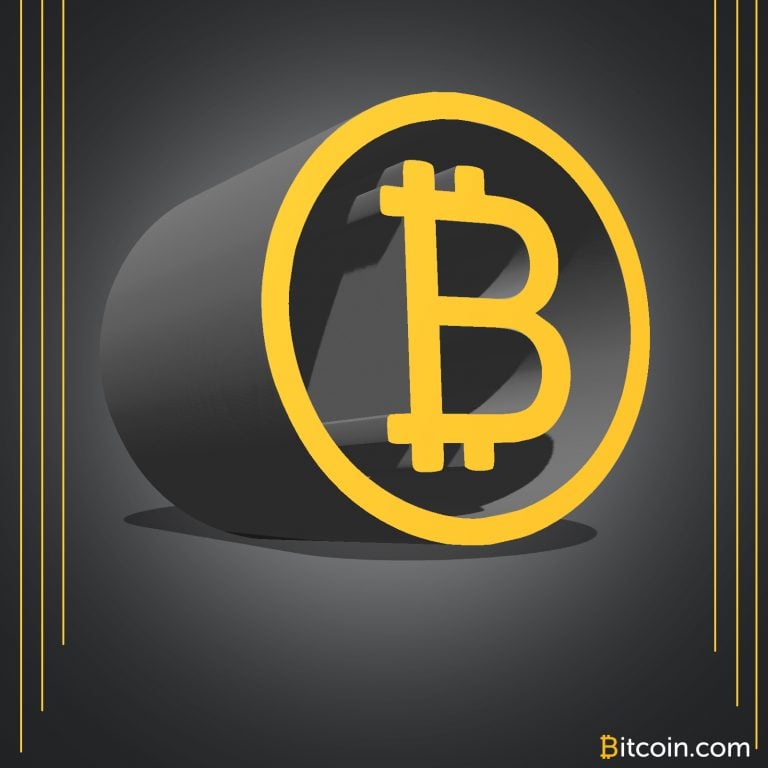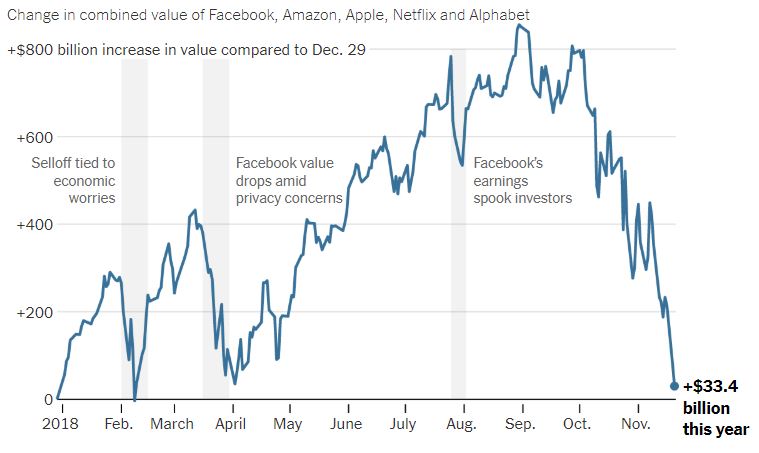2019-5-21 22:41 |
We announced last Thursday that we plan to geofence some assets on Poloniex from the US and wanted to explain our decision.
We are deeply frustrated that we needed to take these steps, but they are the direct result of the signaling from the recent guidance, in which US regulators are taking an extremely broad view of what crypto assets might be deemed securities. We don’t think that they should be considered securities, but need to ensure that we comply with US laws. Our decision to geofence assets represents our effort to respond responsibly to the uncertain regulatory climate in America.
We have heard from many of the people who are part of the projects we geofenced and want to address their concerns. As a reminder, non-US customers can continue to trade all 60+ assets available on Poloniex.
We have spent years consistently and vocally advocating on behalf of crypto assets and blockchain technology. In fact, in one of our first blog posts back in October 2013, we wrote:
At a time when governments globally are struggling to balance their budgets, supporting and driving fundamental economic innovation will generate a transfer of economic value from an unproductive use (bank industry profits and balance sheets) to productive use in the real economy, which can help to drive growth. Our hope and belief is that there is a real opportunity for the global digital currency ecosystem to work closely with governments and banks around the world to figure out the best ways to protect consumers.
Innovators, including those working around the clock at Circle and many other companies in the US and abroad, have continued to transform what’s possible with crypto and blockchain technologies. Unfortunately, regulation has failed to keep up.
We are taking the fight for crypto to CongressWe believe that digital assets represent a fundamental new class of financial instrument that defies simple classification as security, commodity or currency. Many digital assets occupy one, two, or all three depending on their context and use.
Innovative technologies deserve new regulatory frameworks, and we will continue to advocate for change. But without congressional action, the Securities and Exchange Commission is forced to rely on 85-year-old laws and 73-year-old court cases to develop guidance about which digital assets might be considered securities. These laws are inadequate to address crypto—which doesn’t easily fall into established categories—and as a result the SEC guidance isn’t easy or straightforward to interpret.
We’ve taken this message to Congress for years and those efforts are starting to bear fruit. Reps. Warren Davidson (R-OH) and Darren Soto (D-FL) last year introduced the Token Taxonomy Act and reintroduced it this year. The legislation does several things but most importantly excludes digital tokens from the definition of a security. This provision provides much needed regulatory certainty so that the token economy can grow. When it was reintroduced this year, it had more sponsors than the prior year including Josh Gottheimer (D-NJ), Ted Budd (R-NC), Tulsi Gabbard (D-HI), and Scott Perry (R-PA).
This proves that lawmakers who take the time to learn about crypto and blockchain technology recognize its economic potential. Industry leaders need to continue to educate lawmakers and the broader public. Fortunately, Circle isn’t in this fight alone. We’ve helped form the Washington, DC-based Blockchain Association with Coinbase, Cumberland, and other industry leaders to advocate for our industry.
We know we have a lot of work to do. Members of Congress themselves admit that they need to learn more about this space, and we visit with them and their staff frequently, and even testify when called upon to do so.
We have willingly shared our perspective on critical legal questions about digital assets. When the Commodities Futures Trading Commission (CFTC) requested input about Ethereum, we submitted lengthy, technical comments and detailed the economic potential of these technologies:
With smart contracts and “tokenization”—which is the ability to create new tokens that run on the Ethereum network—we believe that communities will be able to tokenize more forms of value and make them accessible online and internationally, similar to how the Internet made information transfer accessible and easier over time.
We are taking the crypto fight to policymakers globallyOur advocacy for crypto hasn’t been limited to the United States. We’ve traveled the globe to meet with policymakers, challenged skeptics, and formed industry groups like Global Digital Finance to advocate for innovation.
Global Digital Finance, which includes dozens of global industry leaders, is establishing industry standards on custody of assets, compliance with laws and regulations, and protection of customers. We and other members do everything we can to serve as an example to the industry and to demonstrate to policymakers that we take compliance seriously.
Fortunately, global financial regulatory bodies like the Financial Action Task Force and the UK-based Financial Conduct Authority are taking crypto and blockchain technologies seriously. The Global Financial Innovation Network, a group composed of 35 regulators from every inhabited continent, is taking the lead in trying to understand and disseminate information about the power of digital assets.
And other global economic bodies, notably the International Monetary Fund under the leadership of Managing Director Christine Lagarde, are researching the potential of these technologies and are initiating public dialogue to inform the public.
We want innovation to flourishOur decision to geofence assets proves the negative consequences of regulatory uncertainty. Other companies may or may not geofence assets like we did, which is further proof that the SEC staff’s recent guidance prompts more questions than answers. We don’t want the US to get left behind and won’t sit by, quietly, while innovators are driven out of the country.
We understand that it takes time to understand the consequences of new technologies and that new laws need to be drafted with care. We see glimmers of hope in US in legislation like the Token Taxonomy Act and in regulators’ outreach to us and others for information about crypto.
But innovation happens quickly and global competition is fierce. We urge lawmakers to recognize the unparalleled economic power that permissionless innovation has unleashed and to act to let crypto and blockchain technologies flourish. We know lawmakers want to support economic growth and want them to cease the opportunity to lead the charge.
Regardless of the tough regulatory outlook in the US, we—and entrepreneurs around the world—are dedicated to build a more open, global economy. We remain in awe of how far the crypto and blockchain industry has come in just a decade—and look forward to what’s to come.
origin »Bitcoin price in Telegram @btc_price_every_hour
Steps (STEPS) íà Currencies.ru
|
|

































